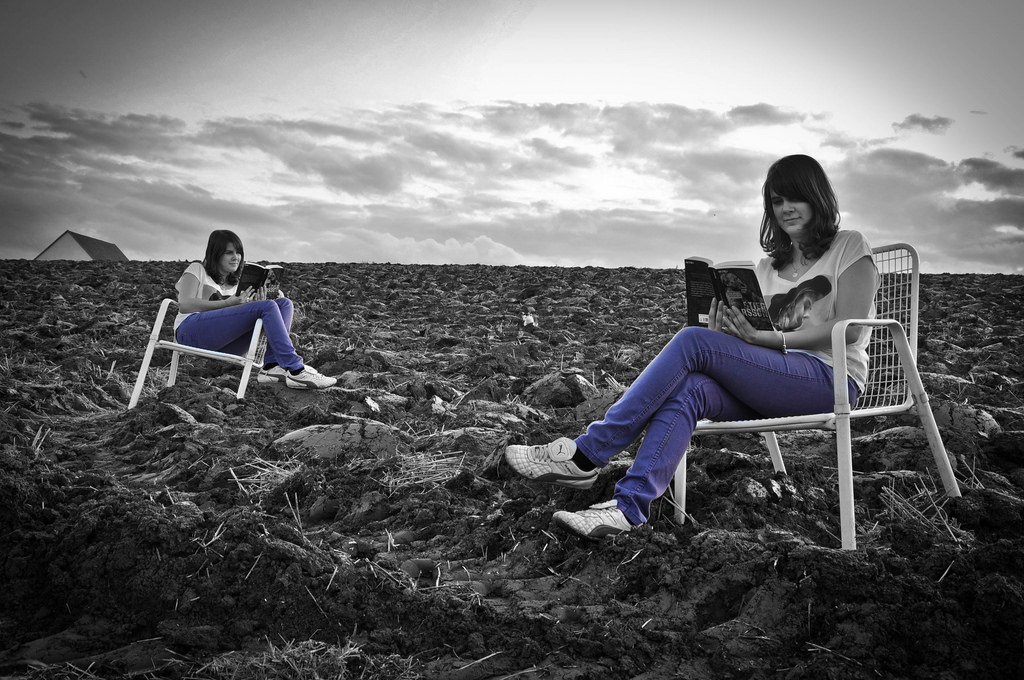‘How the ‘Green Zone’ Helped Destroy Iraq‘ (Politico Magazine)
This fascinating, in-depth feature on the notorious Green Zone explores how something can go from a tool used by the occupation to ostensibly maintain security to yet another symbol of the chaos left behind in Iraq by the United States. While the country struggles to rebuild itself, the Green Zone remains a surreal world out of reach, and a fascinating social phenomenon.
Originally established in 2003 to protect the American occupiers, the walled-in Green Zone was supposed to have been temporary. But Iraqi elites took it over after the Americans left, spending public money on their mansions, generators, cars, security details, homes overseas and payouts to cronies. In this way the Green Zone has come to symbolize all that is wrong with the legitimacy and capability of Iraq’s government. Safe behind the concrete blast walls and razor wire—at least until Saturday—Iraq’s political elites live in splendid isolation, totally unaccountable to the Iraqi people and using the country’s oil wealth to fund their own luxurious lifestyles. Inside their air-conditioned buildings in the Green Zone, politicians have bickered over how to divide up the country’s budget among them.
‘My family was traumatised first by a murder, then by the TV serialisation‘ (The Guardian)
Murder dramas like ‘Serial’ are all the rage these days, showing up across the media landscape. But those murders involved real people, and the victims have very real surviving family members struggling with the legacy of violence. How do they feel about becoming the unwilling subjects of pop culture?
We all love a good crime drama. Yet the reality of murder on the families involved is much more sobering, traumatic and, well, messier than is often projected on our screens. Behind the high viewing figures, whether for fiction or the coverage of real crimes, there are people living with murder bereavement on a daily basis. And an intrusive media experience can often compound this original trauma. If deemed ‘a good enough story’, private grief becomes public property.
‘The Austrian Malady: Turning Right in the Refugee Crisis‘ (Der Spiegel)
Austria, like many European nations, is responding to the refugee crisis by shifting to the right — for the right-wing, the crisis serves not as an instigation but an enabling tool, and it’s proving to be a highly effective weapon. What will the European Union look like in five years?
The refugee crisis has played into the hands of chauvinists. It is almost as if the government and right-wing opposition are in a competition to see who can destroy European Austria quicker. This frenzy is accompanied by the triumphant howling of the powerful tabloid newspapers, which have joined in the attacks on the government. “Seal Off Austria!” read one memorable headline in the Kroner Zeitung newspaper.
‘Cruising Through the End of the World‘ (Pacific Standard)
This fantastic longread explores the growth of tourism in the Northwest Passage, and what it means for the communities that live there. In a larger sense, it also probes into the impact of tourism on the world as a whole, for communities, the environment, and tourists themselves.
In Pond Inlet, the tour companies pay the hamlet government for the welcoming committee, the walking tours, and the cultural performances; and the hamlet government in turn pays the tour guides and performers. Wise and the other guides encourage visitors to consider buying prints, carvings, and crafts while they’re in town. But in a place with so few options for consumerism — where visitors stocking up at the grocery stores could actually harm the community, not help it — making a positive economic impact is a complicated proposition.
‘Ethiopia’s drought takes toll on children‘ (VOA)
Ethiopia has struggled with drought for decades, and as in some other African nations, the country is having difficulty with food security. Children are particularly hard hit thanks to the developmental risks of not getting enough to eat — can the global community take action?
‘Because of the drought, we have nothing except the government’s support,’ she said, adding, ‘We have nothing at home. We have nothing to feed our children. We don’t have drinking water.’
Do you like what you read on Global Comment? We aim to publish fresh, interesting, sharp analysis from all over the world for our audience, but independent media relies on readers like you. Please consider supporting Global Comment as a subscriber — supporters get exclusive access to our newsletter, which includes an array of exciting bonus content that you won’t want to miss. Our superstars get a little something extra now and then too, including interviews with contributors, previews of upcoming features, and more.
We can’t do it without you — thanks for your support.
Photo: Daniel Wehner/Creative Commons

